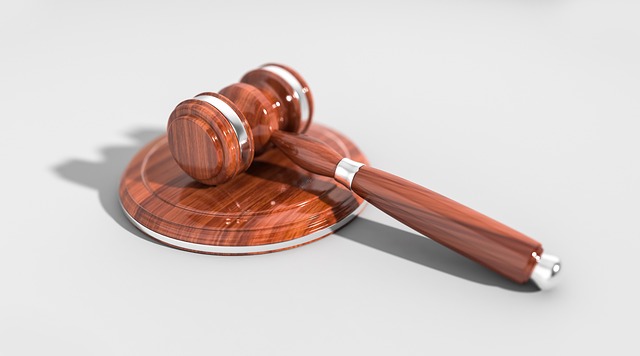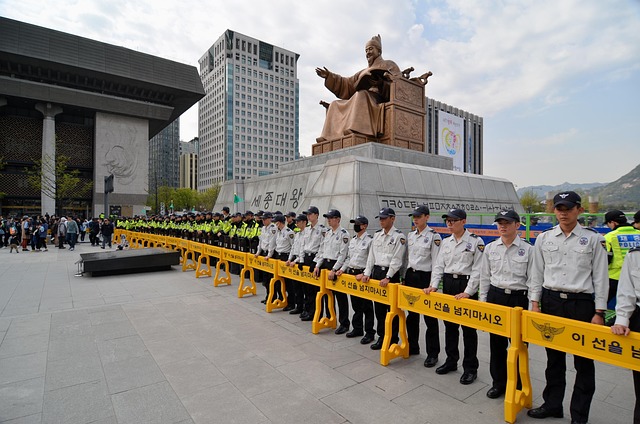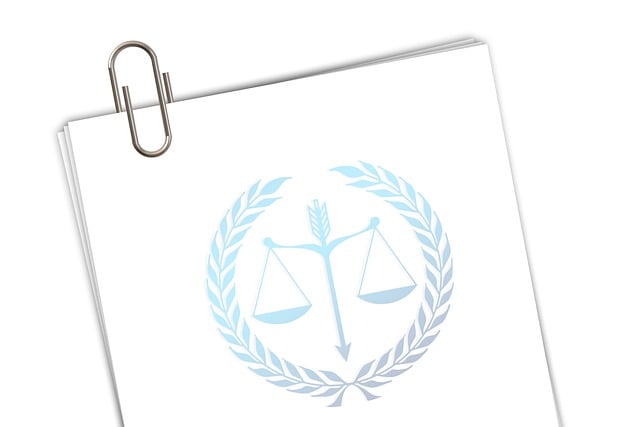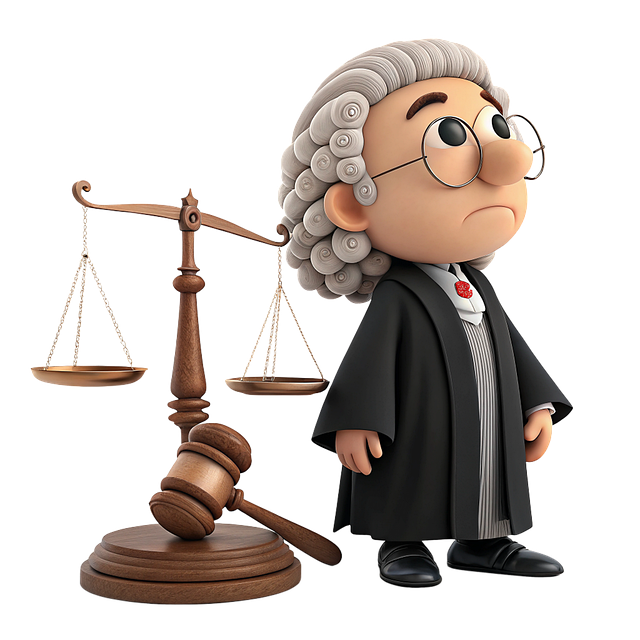Public corruption charges demand sophisticated legal defenses, with attorneys navigating complex criminal law and jurisdiction frameworks. Strategies include challenging evidence, intent, and procedural issues, using expert testimony and character witnesses. Case studies show successful outcomes like charge dismissals or sentence mitigation through thorough fact-finding, identifying errors, presenting alternative theories, proactive investigation, and understanding context. Legal loopholes are leveraged for appeals, ensuring fair trials and positive results in these high-profile cases. (SEO Keywords: Legal Approaches for Defending Drug Possession)
“Public corruption charges pose significant legal challenges, demanding a deep understanding of intricate definitions and global legal frameworks. This article navigates the complex landscape of public corruption, offering insights into strategies for defense. We explore both traditional and innovative legal approaches, highlighting successful defenses and the lessons learned from notable case studies. By delving into these strategies, individuals can better comprehend the complexities of combating public corruption charges, emphasizing practical legal tactics for a robust defense.”
- Understanding Public Corruption Charges: Definitions and Legal Framework
- Strategies for Defense: Challenges and Available Defenses
- Case Studies: Successful Defense Approaches and Lessons Learned
Understanding Public Corruption Charges: Definitions and Legal Framework

Public corruption charges encompass a range of illegal activities involving public officials or those with significant influence in government, who abuse their power for personal gain. These offenses typically include bribery, embezzlement, fraud, and misuse of public funds, among others. Understanding these charges is crucial for both legal professionals and the general public, as they shape the integrity of democratic systems. The legal framework surrounding public corruption varies across jurisdictions but generally involves stringent penalties to deter such misconduct.
When facing public corruption accusations, whether in the context of a white-collar defense or handling high-stakes cases involving corporate and individual clients, legal approaches must be tailored to the specific charges. Skilled attorneys in these high-profile matters often employ strategic defenses, challenging the evidence and intent behind the alleged acts. The complexity of such cases demands a deep understanding of both criminal law and the unique dynamics of government-related offenses, ensuring a robust defense strategy.
Strategies for Defense: Challenges and Available Defenses

When facing public corruption charges, individuals often find themselves navigating a complex legal landscape. The defense strategies available depend on various factors unique to each case. One crucial aspect is understanding the specific allegations and the strength of the prosecution’s evidence. Legal professionals can employ different approaches to challenge the accusations, aiming for outcomes ranging from a complete dismissal of all charges to mitigating sentences in high-stakes cases across the country.
The key defenses often involve questioning the admissibility of evidence, raising procedural issues, or presenting character witnesses to counter the prosecution’s narrative. Expert testimony and detailed documentation can also play significant roles. By employing these legal approaches, defendants aim to undermine the credibility of the accusations and ultimately present a compelling case in their defense.
Case Studies: Successful Defense Approaches and Lessons Learned

In the realm of public corruption charges, where allegations can be complex and far-reaching, successful defense strategies are crucial in achieving extraordinary results for his clients. Case studies offer valuable insights into how legal approaches can navigate the intricate web of white collar and economic crimes. For instance, a well-prepared defense might involve thorough fact-finding and identifying procedural errors, which have led to acquittals in several high-profile cases. By examining the evidence critically and presenting alternative interpretations, lawyers can challenge the prosecution’s narrative effectively.
Lessons learned from these studies underscore the importance of proactive investigation, robust witness preparation, and a deep understanding of the underlying economic or political context. Strategizing with an eye towards potential appeals and leveraging legal loopholes have also proven successful in mitigating charges. These approaches not only focus on defending against current accusations but also aim to protect against future charges, ensuring that individuals facing public corruption allegations receive a fair trial and, where possible, achieve positive outcomes for his clients.
Public corruption charges can significantly impact an individual’s life, but understanding the legal framework and available defense strategies is crucial. By examining definitions, exploring challenges, and learning from case studies, accused individuals can navigate these complex cases effectively. Adopting legal approaches that focus on evidence scrutiny, procedural fairness, and ethical conduct can strengthen defenses against public corruption allegations. This comprehensive understanding empowers those faced with such charges to assert their rights and seek just outcomes.






